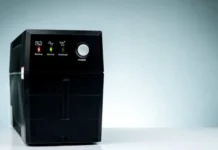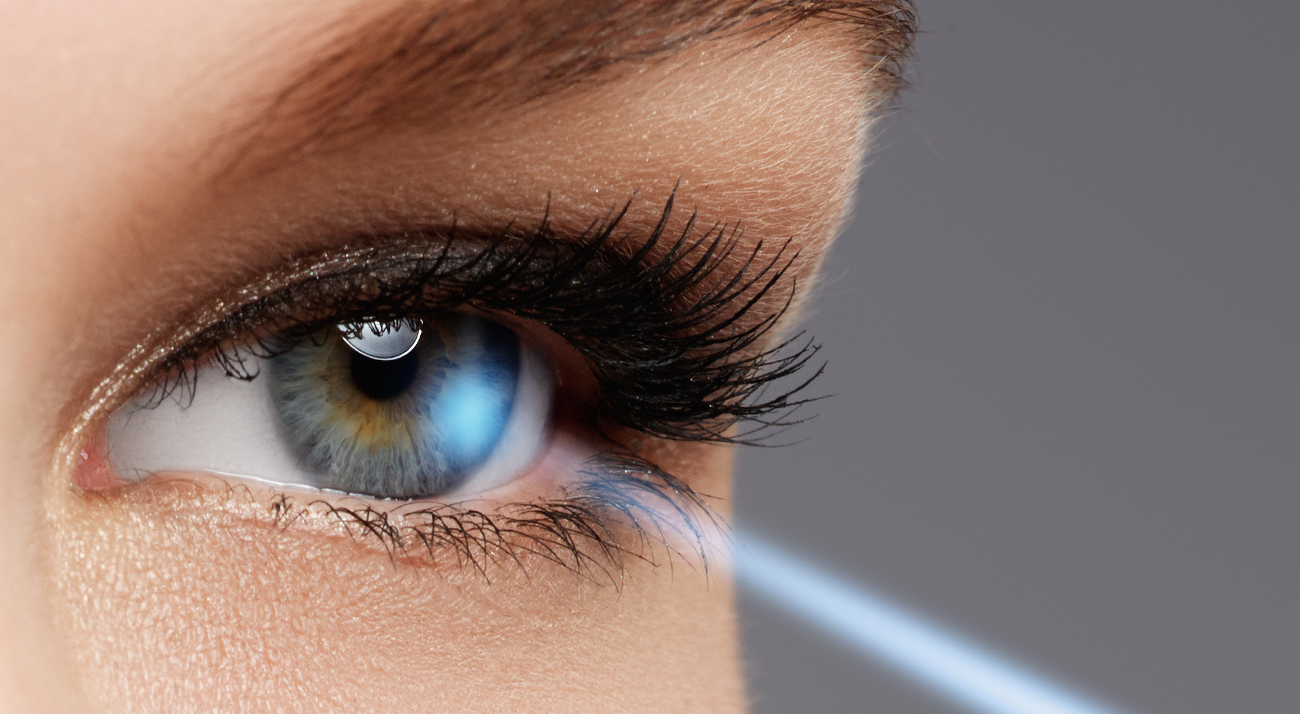It’s quite rare, but sometimes problems occur after cataract surgery. The tissue enclosing the artificial intraocular lens gets cloudy thus blurring the vision. For which, the YAG Laser Capsulotomy surgery is required.
What is a YAG Laser Capsulotomy?
YAG laser surgery is a special laser treatment that’s used to improve the vision after cataract surgery. During the cataract surgery, the natural lens inside the eye sometimes gets cloudy was removed. In place of that, the new plastic lens is put inside that lens membrane in the eye.
It occurs rarely but that new plastic lens – A.K.A Capsule – thickens after surgery & gets cloudy. Consequently, it interferes with light reaching the back of the patient’s eye. In that case, the eyesight becomes misty, and the patient starts getting glare in bright light.
Capsule thickening doesn’t occur right after the surgery, but it happens in months after the operation, but commonly occurs about 2-years after the surgery. The only way to treat this condition is – YAG Laser Capsulotomy.
Capsule thickening only affects your vision and doesn’t damage the patient’s eye in any way. In the YAG Laser Surgery, the doctors use a special lens in order to apply a laser beam to the capsule. This creates a small hole in the center of a capsule to let the light pass.
Are There Any Risks Involved?
When it comes to YAG Laser, complications after the treatment are very rare. It’s known to be one of the safest eye treatments. Sometimes, the pressure inside the eye rises right after the treatment. In that case, you might need some extra treatment before going home. In that case, the eye drops or tablets might be prescribed.
Depending on your condition, the doctor will prescribe the right & suitable form of medication. In most cases, the eye drops will be put into your eyes, and you’ll be asked to remain in the department until the pressure is lowered. Normally, it takes a few hours.
In some cases, the opening made by the laser beam is incomplete. It’ll be discovered either after the treatment or perhaps on the follow-up visit. If that’s the case, the treatment might need to be repeated at a later date.
It’s very rare, but some patients build- up fluid in the macula – part of the eye responsible for detailed central vision. This build-up is known as macular oedema (swelling) that eventually causes vision distortion/blurring.
Here comes another extremely rare complication known as retinal detachment. In that case, the fine light-sensitive membrane comes away from the wall of the patient’s eye. In that case, here’re a few symptoms that indicate you need to get it treated urgently;
- Excessive pain
- Sudden onset of floaters
- Vision loss
- Flashing lights
- Increasing eye redness
What to do After Going Home?
Normally – after the treatment, anti-inflammatory drops are prescribed after the treatment. These are meant to help minimize inflammation within your eye. The drops should be taken only for a few days or weeks. In case there’s no open wound on the eye, the patient won’t need antibiotics after the YAG laser.


































